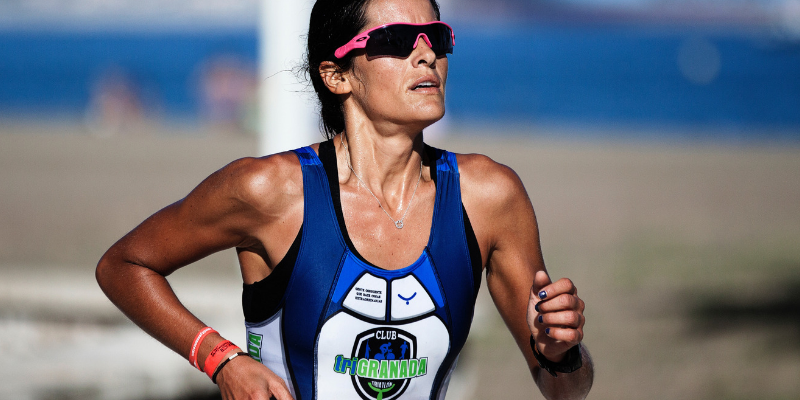Posted On: October 3, 2018 by NARA in: Occupational Therapy Therapy Treatment

Around 45,000 runners participated in the 2017 Chicago Marathon and more are expected to take part in this year’s marathon on October 7th. While there may not be a great number of your patients who participate in marathons, you may still know someone or have a couple of patients whose goal is to be able to finish a 26.2 mile race. While you get them prepared for their goals, we wanted to take this October 7th event as an opportunity to review the important steps involved in recovering from a marathon.
Immediately After the Race
- Don’t stop moving! Encourage your patients to continue walking for at least 15-20 minutes after the race. If they sit down the minute they cross the finish line, they run the risk of muscle stiffness and injury. It could also increase the risk of blood moving to the lower extremities, causing the patient to pass out because of decreased blood pressure. They could implement quad and hamstring exercises to help with this.
- Replenish the body. It is important for the patient to drink plenty of water and consume protein and carbs. They may want to have their cheerleaders bring them a snack like trail mix.
- Rest your body. After the runner has cooled down, it is time to get plenty of sleep and rest. This may involve a cool or lukewarm bath before hitting the bed.
Within Weeks After the Race
- Pay attention to aches and pains. Remind your patient that there is a difference between being sore and injured. They should check in with you if there are any areas of concern. They may even want to consider a sports massage afterward.
- Don’t jump back into high-intensity exercises. Guide your patient with low-intensity exercises that they can perform easily. Bicycling or swimming would be a great option.
- When they begin to run again, encourage them to take it at a much slower rate than what they did previously. You may want to consider guiding them to run on soft surfaces at first and listen to their body. If they start to notice an injury, say something and take it easy!
It is a fantastic feeling when your patient accomplishes a major milestone, and you are partially to thank for this tremendous goal being attained. Keep up the great work by helping your patients even after they have made major successes. Attend our Fall Conference to connect with other innovative professionals who have experience in this area!

0 comments